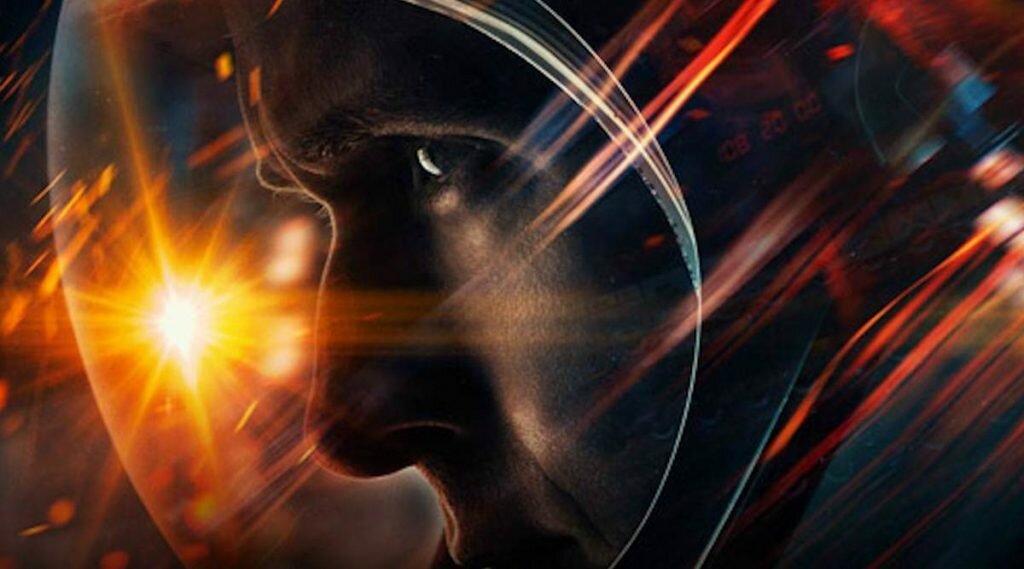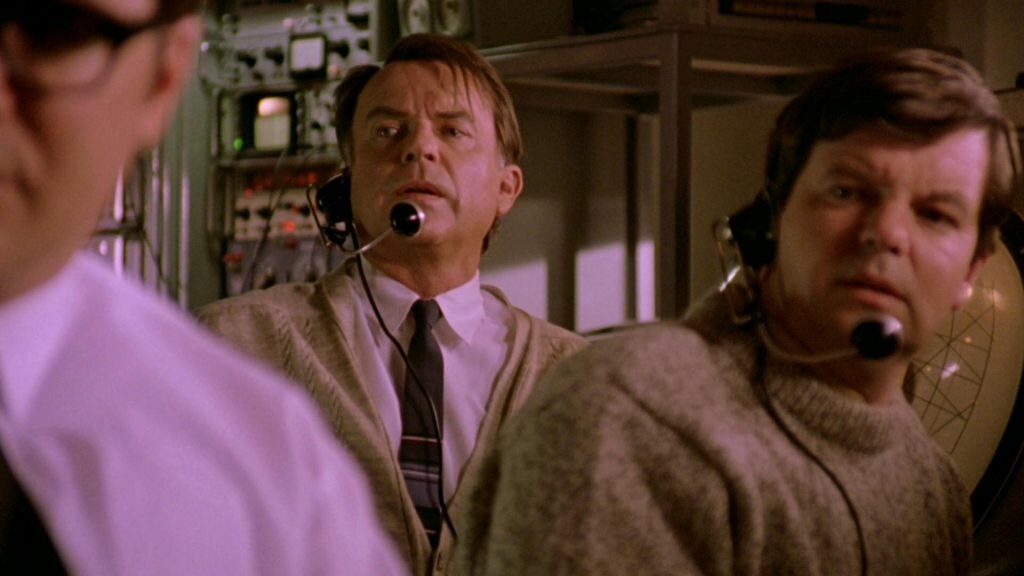SPOILER WARNING! Here be spoilers! Spoiler podcast special! If you don’t want to know what happens then stop reading/watching/listening!
In this day and age avoiding the ending to films and T.V. shows prior to watching them has become quite an art, yet it’s equally a skill to ensure you’re not the individual to ruin a piece of drama for another.
It should always be the case that any drama is never ‘spoilt’ for someone who is yet to watch it, although there is often more sensitivity around more popular releases such as Game of Thrones and any Avengers or Star Wars film.
Fact over fiction…
There are however occasions when the exact opposite is true, with ‘true’ being the operative word. Dramas based on real events can often lend themselves to a difficult narrative dilemma. In the case of well-known global events being put on screen, creating a dramatic arc in which the audience is already aware of the resolution presents itself a problem.
Last year, Damien Chazelle’s First Man faced that exact issue. You’d be hard pressed to find someone who didn’t know that Neil Armstrong successfully landed and walked on the moon before returning safely to the earth. As the NASA scientists in the drama worked to resolve the many challenges the moon landings presented while Armstrong (Ryan Gosling) was pivotal to the lunar module landing, just, on the surface. There’s tension in the air, they might have to abort…How is it all going to end? Well, we already knew.

Dir: Damien Chazelle
It was a similar issue that Ron Howard faced when making Apollo 13. ‘Failure is not an option!’ Ed Harris’s Gene Krantz famously barked in a fantastic piece of scripted dialogue and he was right – nor was it the resolution.
For some, this removes much of the tension that a narrative is creating. It’s a time-honoured discussion around such dramatic reconstruction, with many of the film’s defenders arguing that they either forgot the ending during the run time or that knowing it was not an issue. Detractors meanwhile, argue the opposite. The subjective nature of these feelings means that there is no right or wrong answer to this, but it’s a real skill of filmmaking to try and ensure that viewers fall in to the former camp.
The answer to a key tool in achieving this actually lies in a third film relating to the Apollo missions, Rob Sitch’s wonderful comedy The Dish. A little seen Australian production, it tells the story of the largest satellite dish in the southern hemisphere that was used to broadcast Armstrong’s moonwalk to the watching television audience. Prior to the landing, Marie (Lenka Kripac) the daughter of the local mayor questions the point of the mission. ‘If we know so much about the moon, why go?’ she snarks. Cliff Buxton (Sam Neill), the director of the satellite dish, replies that there is one thing they don’t know – whether or not they actually can get there. It’s a beautiful, poignant beat.

Dir: Rob Sitch
And therein lies the heart of the matter. For while the audience may well know that things turn out well it’s not the same for the characters. The crews and mission control of First Man and Apollo 13 are not privy to such luxuries as a successful resolution and the safe return of those involved. They had to work to get there and in the narrative construct of film, they have to take us the audience on that journey.
The big boat is going to sink
It’s not a problem exclusively linked to films with a happy ending. Everyone knows that the big boat is going to sink at the end of Titanic. Yet for those on board, ignorance is bliss. For all its flaws and
lazy accusations that it’s ‘the worst film ever made’, James Cameron’s blockbuster does have some effective grace notes – the old couple on the bed, the mother putting her children to sleep and the string quartet’s rendition of ‘Nearer my God to thee’. Equally, there is a seemingly throwaway line from Rose’s (Kate Winslet) mother Ruth (Frances Fisher) in which she requests her servants make some tea for when they return to the cabin having been rudely awakened by the crash. It’s a smart scene which juxtaposes the genuine danger, and the panicking workers in the hull with the passengers not only ignorant to the severity of the situation but blissfully unaware of the impending tragedy.
This is a tool that Paul Greengrass has utilised smartly to put the audience in an uncomfortable position ahead of upcoming tragedy. The conversations between the pilots in United 93 refer to an upcoming trip to London while in July 22 youngsters blissfully play football and pitch tents on Utoya island. The characters complete lack of awareness as to the horrors that are about to unfold are a direct reflection of the real-life victims yet the audience’s awareness of the impending massacres make us uncomfortable, thus underlining the sheer sadness and tragedy of the terrorist attacks.

Dir: Paul Greengrass
Whether proceedings end well a la First Man or Apollo 13 or badly, like in Titanic or United 93 the binding factor is that the characters involved in the events are not aware of this one way or the other, and the harder the scriptwriters, directors and actors work to ensure the audience is aware of this, the more effective the drama, the more invested the audience will be.
‘I think this is where we came in’
Does knowing the ending to a film really ruin it? Less is more when it comes to pre-existing knowledge before entering a drama so that you too can go on a journey with the characters. Yet when you know the resolution you need to invest to a point where you either ‘forget’ the conclusion or care about what is going to happen.
Some fictional films even reveal the ending before the opening titles have rolled. Lester Burnham (Kevin Spacey) tells us that ‘in less than a year (he’ll) be dead’ at the start of American Beauty, while Sunset Boulevard opens with Joe Gillis’s (William Holden) lifeless body floating head down in a swimming pool. Even Shakespeare tells you that Romeo and Juliet take their own lives in the opening sonnet. The film’s then track back to events leading up to the opening event. ‘I think this is where we came in’ Edward Norton’s narrator states as Fight Club reaches its conclusion. So why do we not worry about the film’s themselves spoiling the ending?
Billy Wilder’s Double Indemnity (loosely based on a true story) is told as one long confessional. With Walter Neff (Fred MacMurray) stating in his opening monologue that ‘I killed him for the money – and a woman – and I didn’t get the money and I didn’t get the woman’. So we not only know what he did, but why and then, to a point, what happened before the narrative reveals the incredible story.
Film, like life, is a journey and not a destination. It’s the excitement or surprise of not knowing what’s going to happen at the end shouldn’t detract from that
